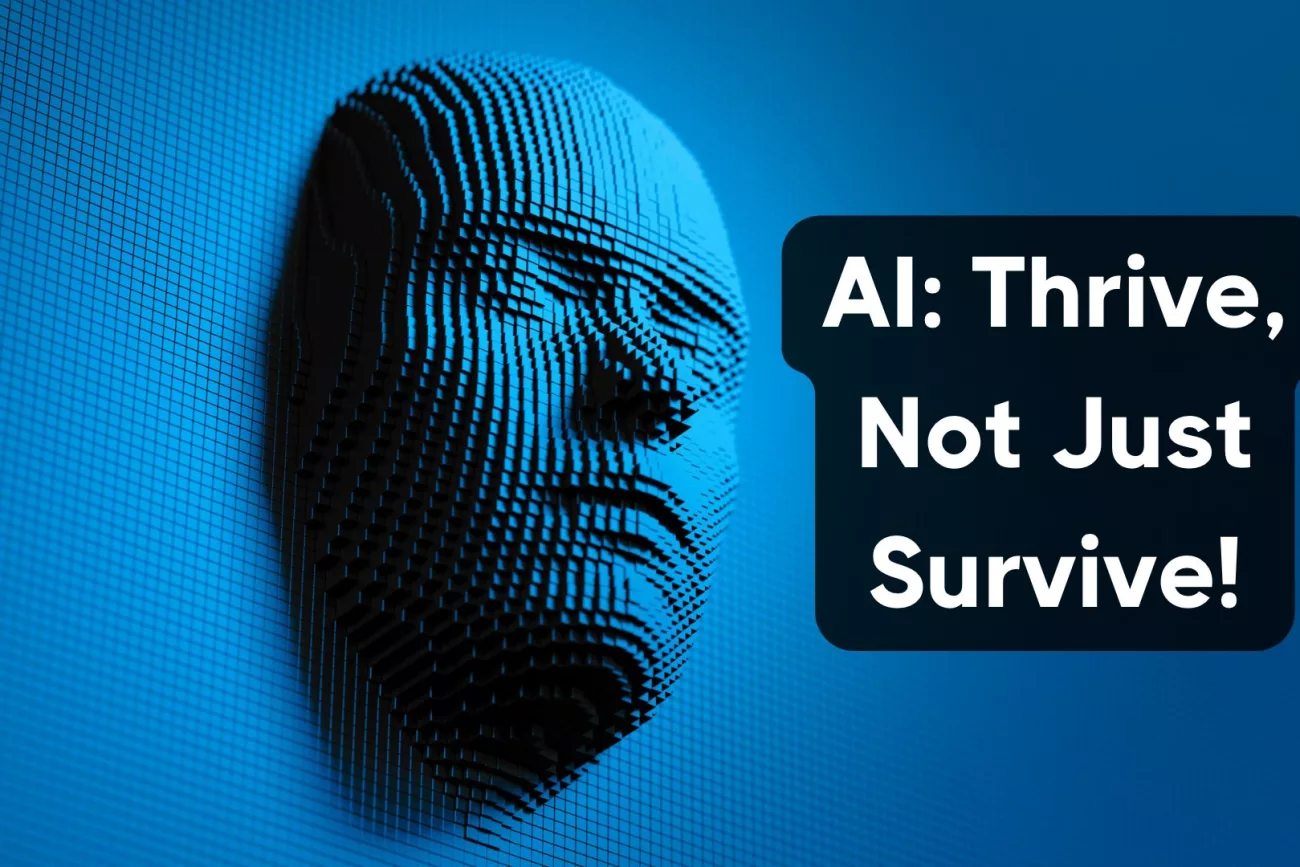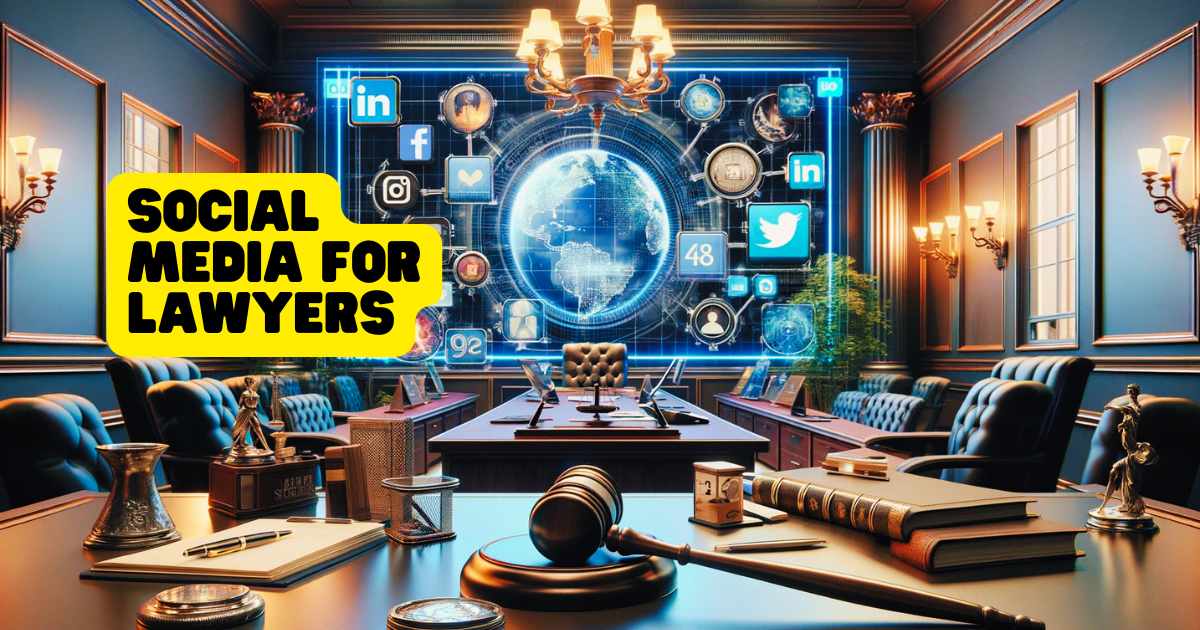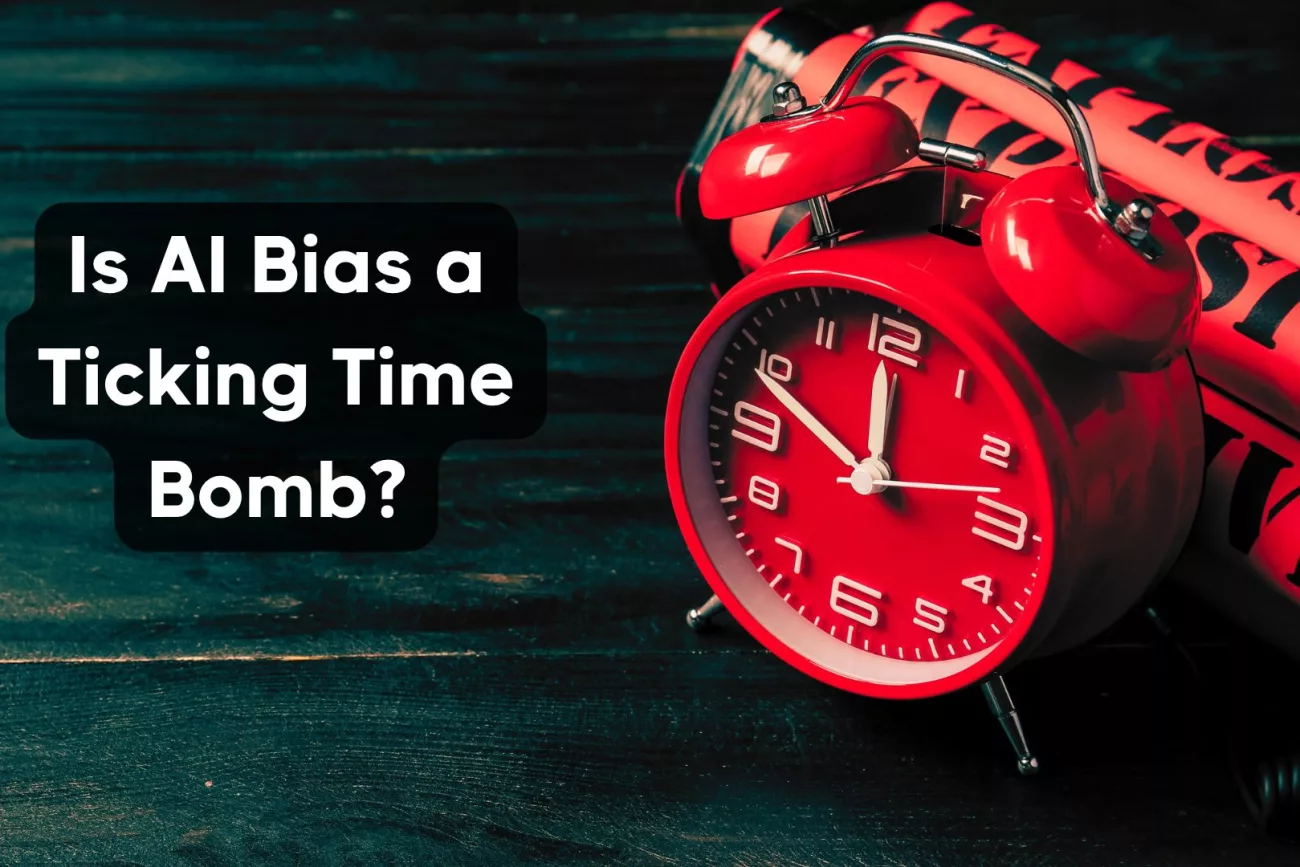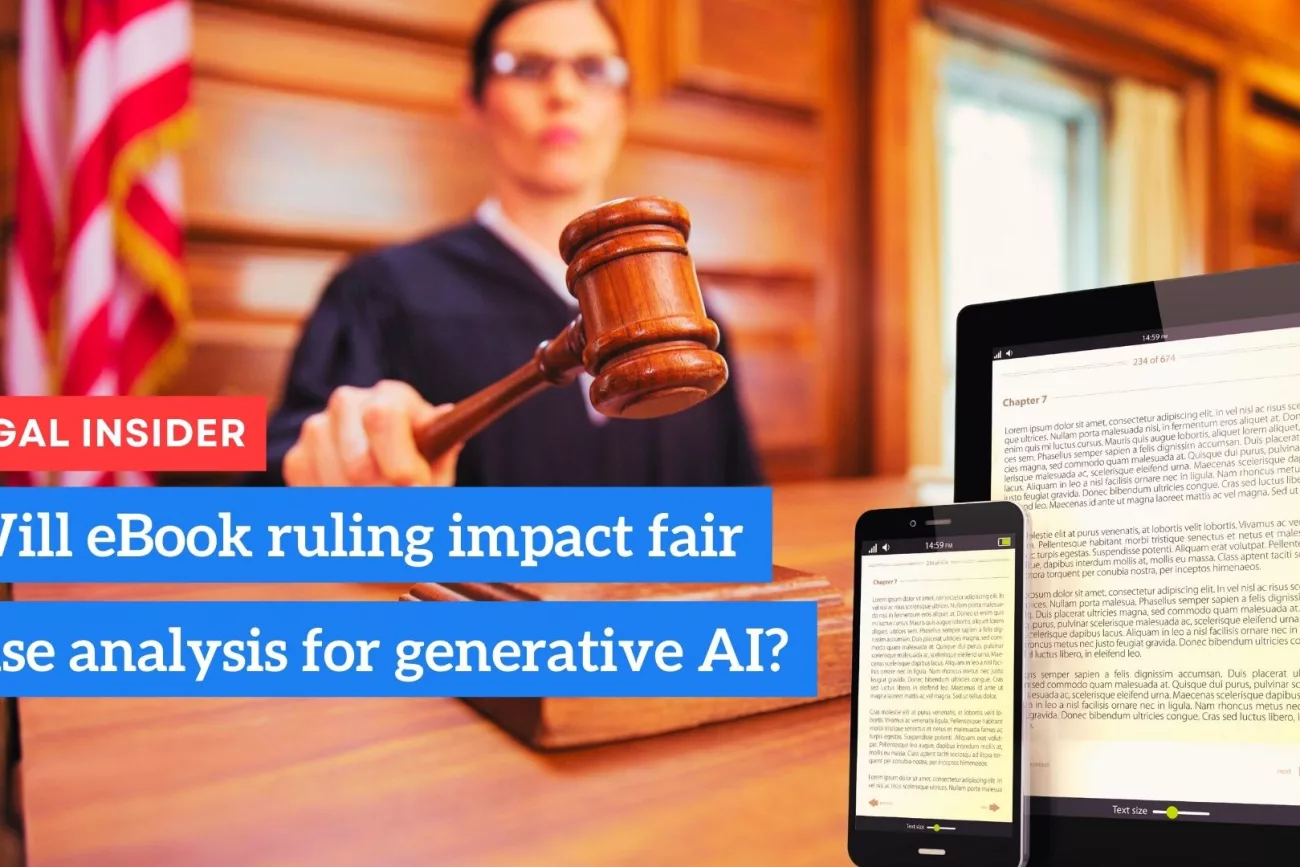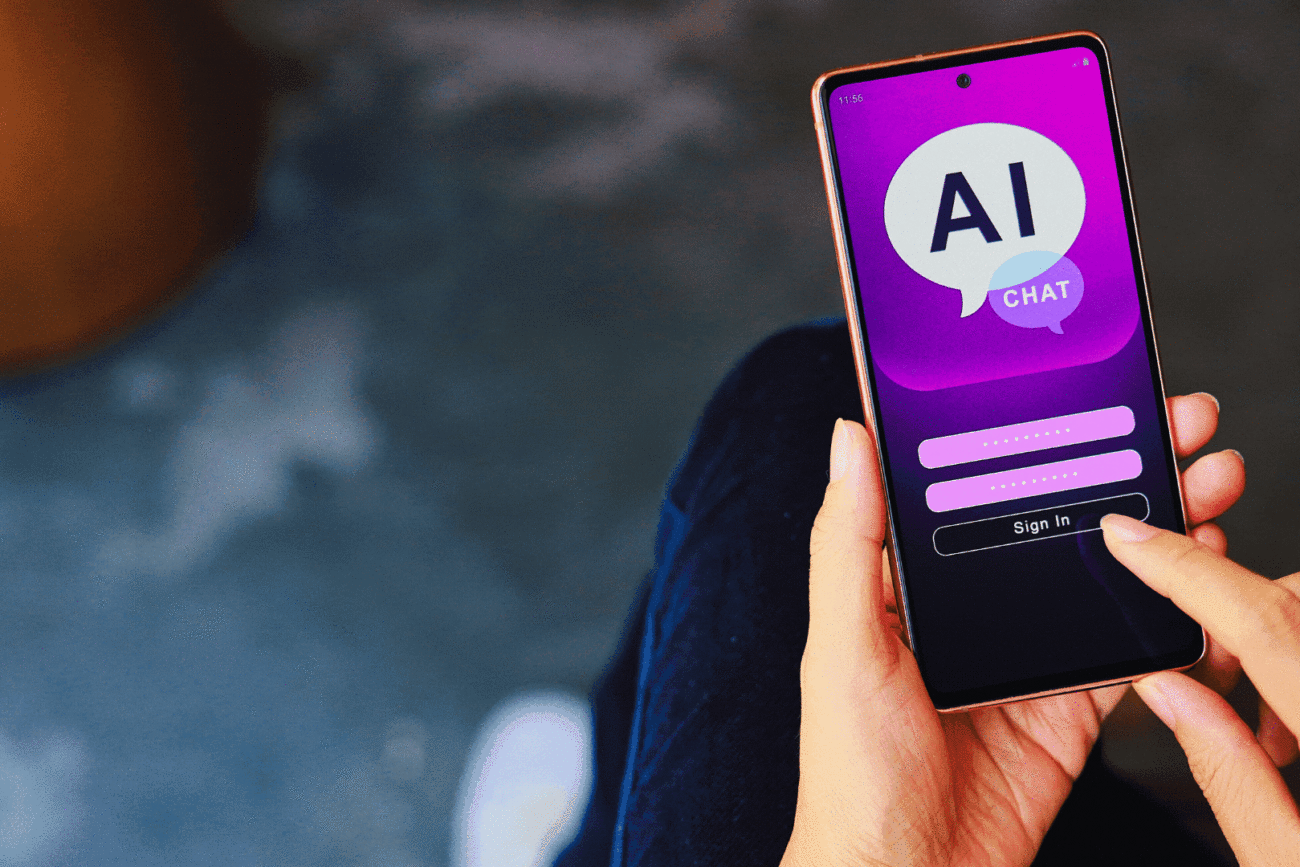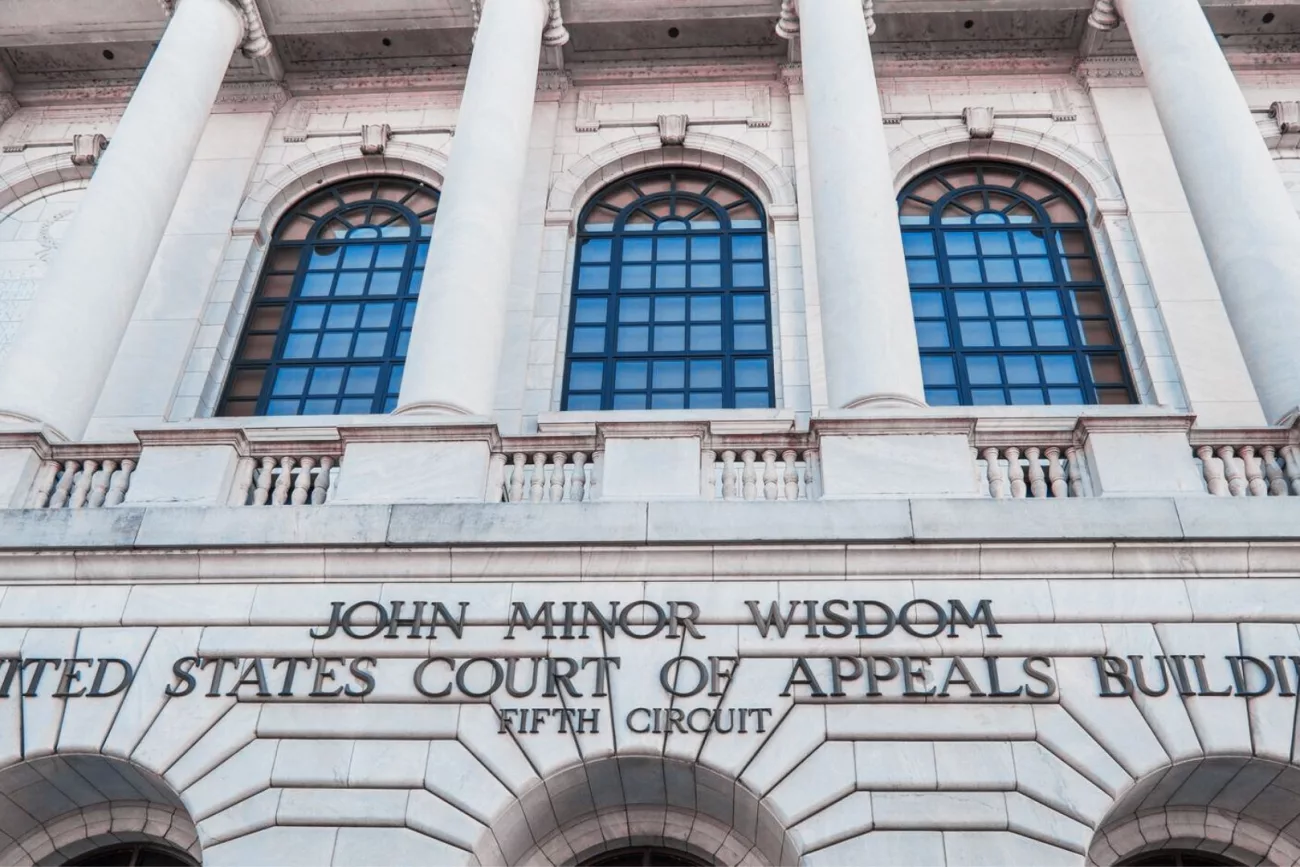
Key Points:
- Generative AI is transforming the legal profession, offering solutions for legal research, document drafting, and education.
- Law students and professionals are adopting AI tools, but the industry lacks comprehensive policies for AI use.
- A significant ethical question is whether AI use should be disclosed to clients, with a split in opinions within the industry.
- The future of AI in legal practice is promising but requires addressing challenges related to transparency and ethical standards.
Unveiling the Groundbreaking 2023 LexisNexis Generative AI & Law Survey
In an extraordinary event, LexisNexis Legal & Professional®, a global titan in the realm of information and analytics, conducted an unprecedented survey. The survey witnessed the participation of 4,180 Americans, a diverse group including seasoned attorneys, ambitious law students, and everyday consumers. To solicit input, the survey was executed in English using Pollfish/Forsta, ensuring broad outreach and comprehension.
The fascinating topic in focus? Generative AI. The term “generative AI” was used consistently throughout the survey, especially when referencing revolutionary tools like ChatGPT. Let’s dive deeper into the results that have taken the legal world by storm.
Quick note: The responses discussed here are only from the group that confidently claimed to understand generative AI. And don’t be surprised if the percentages don’t add up to 100 – that’s rounding at work!
Generative AI: Transforming Legal Landscape
The survey sought to gauge awareness, usage, and legal adoption of generative AI among 1,176 lawyers, 1,239 law students, and 1,765 consumers. It aimed to illuminate perspectives on generative AI’s influence, potential, ethical considerations, and how it might impact lawyer-client relationships and the grooming of future lawyers.
Here’s a mind-boggling fact: despite ChatGPT’s recent debut, a whopping 86% of lawyers are already familiar with generative AI. This is significantly higher than the 57% of consumers.
However, generative AI isn’t just about awareness – it’s about usage. In this regard, 19% of attorneys are now using generative AI for research, drafting, and understanding new legal concepts. Interestingly, only a minority of respondents had strong positive or negative views about how generative AI could influence legal practice.
Efficiency Meets Innovation: The Rise of Generative AI
Generative AI’s potential in enhancing efficiency and streamlining workflows, especially in research and drafting documents, is garnering attention. Around 30% of consumers have already utilized generative AI either personally or professionally.
These findings reveal a clear trend: attorneys and law students are not just using generative AI, but they’re also recognizing its potential impact on the legal industry. Despite ethical concerns, the legal community seems to maintain a balanced, cautious view of generative AI, continuously exploring its capabilities and uses.
As we move forward, lawyers must deliberate on ethical questions and best practices related to this burgeoning technology.
AI: A Catalyst, Not a Replacement
While AI is on the rise, it’s not set to replace lawyers. Instead, it’s contributing to a rapid growth in awareness – an impressive feat given that few knew about generative AI before ChatGPT’s launch on November 30, 2022.
Now, lawyers might have a reputation for being tech-savvy, and these high awareness rates might seem overblown. However, remember that they’re information professionals, and generative AI could significantly impact their jobs. Therefore, it’s no surprise that they’re tuned in, especially the younger generation of lawyers.
Ethical and Practical Challenges in the Age of AI
Even though generative AI like ChatGPT is getting popular, tool privacy and security questions remain prevalent, and very few firms or legal departments have policies in place for generative AI usage. This could be because ChatGPT is easy to experiment with, and a high percentage of those curious about it have used it to gain a firsthand understanding of its capabilities. The ease of access and application could explain why there’s a lack of comprehensive policies in place.
As we delve deeper into the ethical quandaries, a significant point of contention is whether or not AI-generated content should be disclosed to clients. Only a small percentage of respondents strongly believed it should be. This statistic is surprising, given the emphasis placed on transparency in the legal profession. This indicates an area of ambiguity that needs further exploration and robust debate.
To highlight this, let’s consider the renowned attorney, Jane Smith, a partner at a top-tier law firm. She said, “Generative AI is a tool, not a secret weapon. Transparency is key to maintaining trust. If we use AI in our work, it should be disclosed to our clients.” Her viewpoint, while not the majority, offers a perspective on how lawyers could approach this novel technology.
Generative AI: The New Mentor for Law Students
Law students are also increasingly using generative AI tools to assist with their studies. Of the law students surveyed, 33% had used generative AI like ChatGPT to help understand complex legal concepts. This trend shows how new technologies are playing a transformative role in legal education.
John Doe, a law student at Harvard Law School, shared his experience: “ChatGPT is like having a legal mentor who is available 24/7. It simplifies complex legal jargon, making it easier to grasp tricky concepts. It’s revolutionizing how we learn law.”
The Future of Generative AI in Legal Practice
The findings of this survey underscore the growing acceptance and adoption of generative AI tools in the legal industry. As generative AI technologies continue to mature, we can expect to see them more deeply integrated into various aspects of legal practice.
However, the future holds both opportunities and challenges. The legal profession, a cornerstone of justice, must ensure that generative AI is used responsibly, with adequate safeguards in place to maintain the high ethical standards that govern the profession.
As we move forward, further research is necessary to fully understand the implications of generative AI in the legal industry. This LexisNexis survey is an excellent starting point, and the discussions and debates it sparks will undoubtedly pave the way for future advancements.
In Conclusion
While generative AI is still in its nascent stages, it’s clear that it’s making waves in the legal industry. With its potential to revolutionize legal research, document drafting, and legal education, it’s no wonder that law professionals and students are exploring this promising technology.
However, the journey doesn’t end here. The legal community needs to tackle ethical questions head-on, especially those concerning transparency and policy development. As we embrace the future, it’s our collective responsibility to ensure that this technology is used in ways that uphold the integrity of the profession.
In the words of Albert Einstein, “The true sign of intelligence is not knowledge but imagination.” Generative AI, with its blend of knowledge and creativity, is here to challenge, inspire, and elevate the legal profession to new heights. The revolution has begun – it’s up to us to decide how it unfolds.



